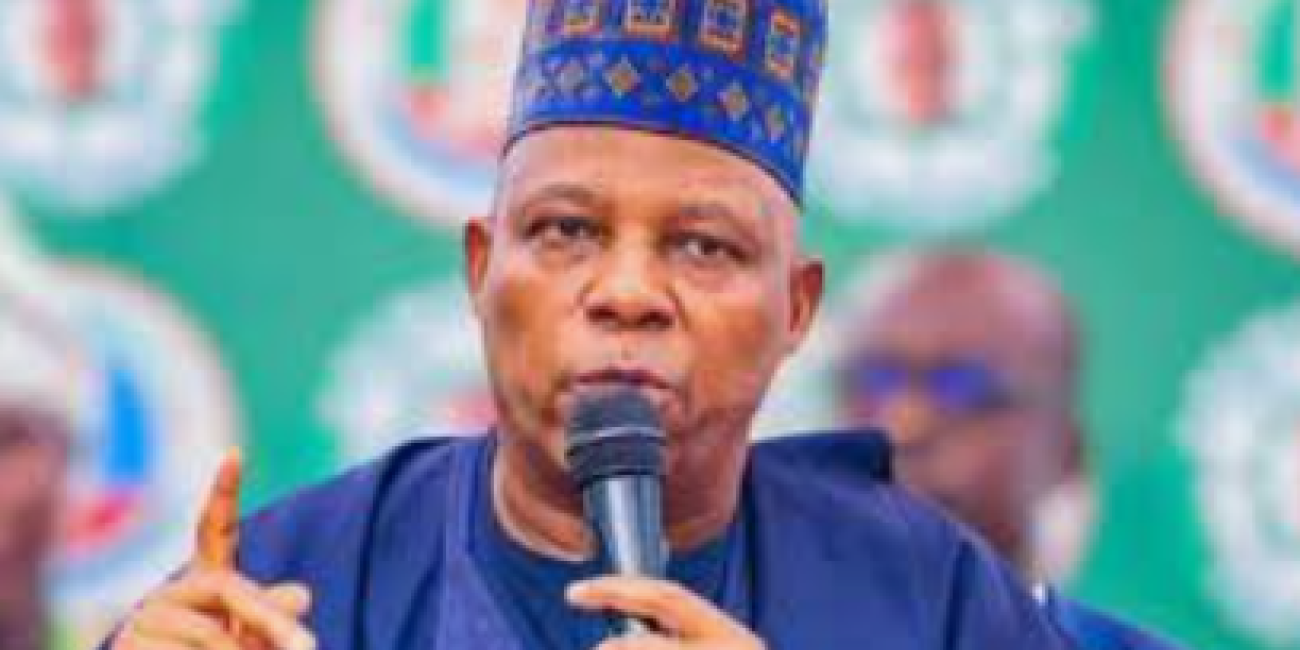The International Monetary Fund (IMF) has emphasized that addressing food insecurity should be the Nigerian government’s top priority. This statement was made in the IMF’s End-of-Mission report following the completion of the IMF Staff 2024 Article IV Mission to Nigeria, released on Tuesday in Abuja.
The report, which reflects preliminary findings after a visit to the country, highlights the economic challenges inherited by the new government, including low growth, revenue collection, accelerating inflation, and external imbalances.
According to the IMF, the immediate focus should be on tackling food insecurity, with particular emphasis on implementing the recently approved social protection system. The effective implementation of this system is deemed crucial in addressing the pressing issue of food insecurity in Nigeria.
Furthermore, the IMF commended the Monetary Policy Committee’s decision to tighten monetary policy further, citing its potential to contain inflationary pressures and stabilize the Naira.
During the visit from February 12 to February 23, 2024, the IMF team, led by Axel Schimmelpfennig, engaged in discussions with key stakeholders, including the Minister of Finance and Coordinating Minister of the Economy, the Governor of the Central Bank of Nigeria, senior government officials, and representatives from various sectors such as agriculture, environment, private sector, and civil society organizations.
The economic outlook for Nigeria remains challenging, with GDP growth reaching 2.8% in 2023, slightly below population growth rates. While improved oil production and anticipated agricultural harvests in the second half of the year are positive indicators for 2024 GDP growth, the country continues to face obstacles such as high inflation, currency depreciation, and policy tightening.
The report underscores the significance of addressing rising food insecurity, especially considering that approximately eight percent of Nigerians are deemed food insecure. The approval of an effective social protection system, along with initiatives like the release of grains, seeds, and fertilizers, and the promotion of dry-season farming, are steps in the right direction to alleviate food insecurity in the country.


